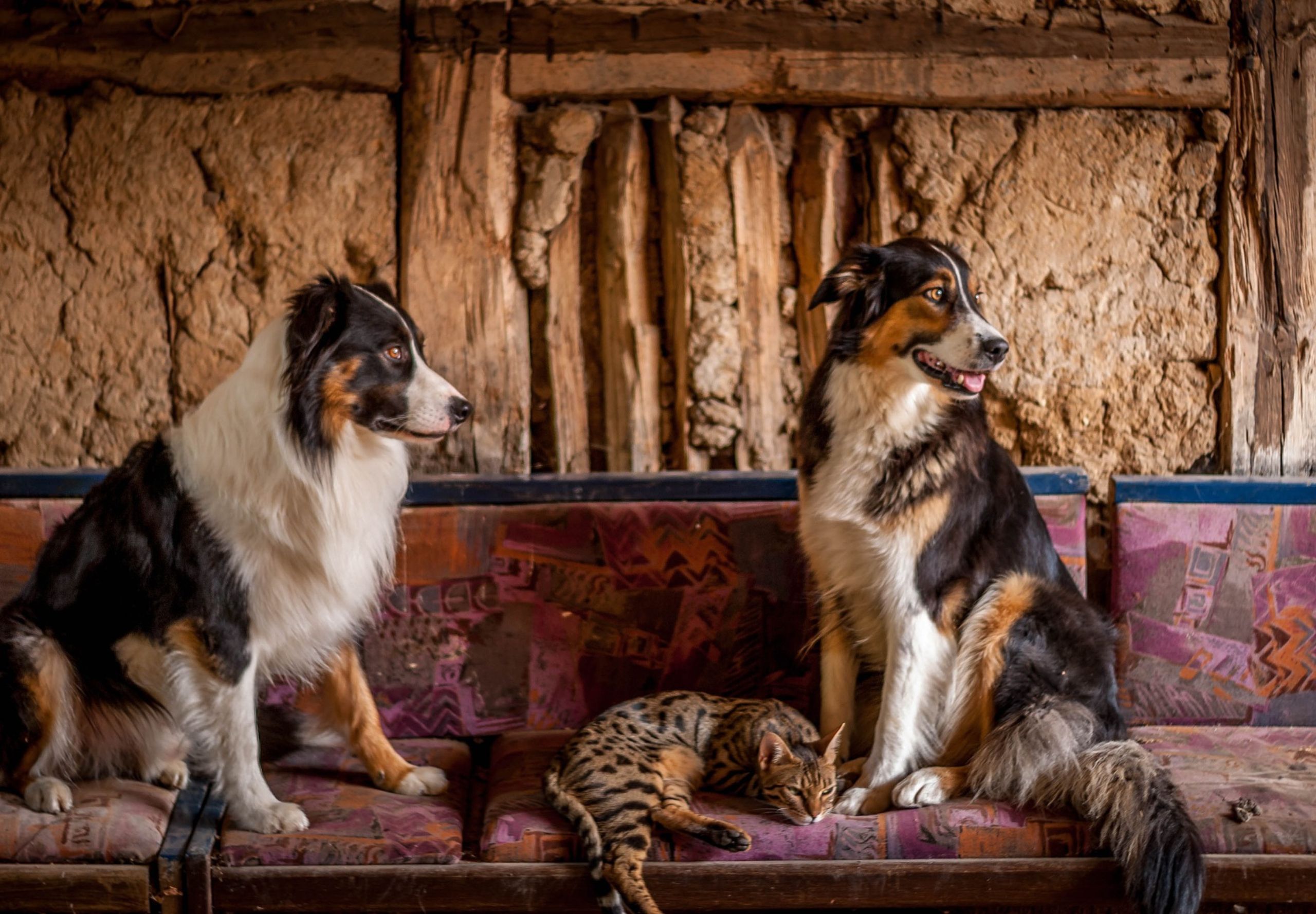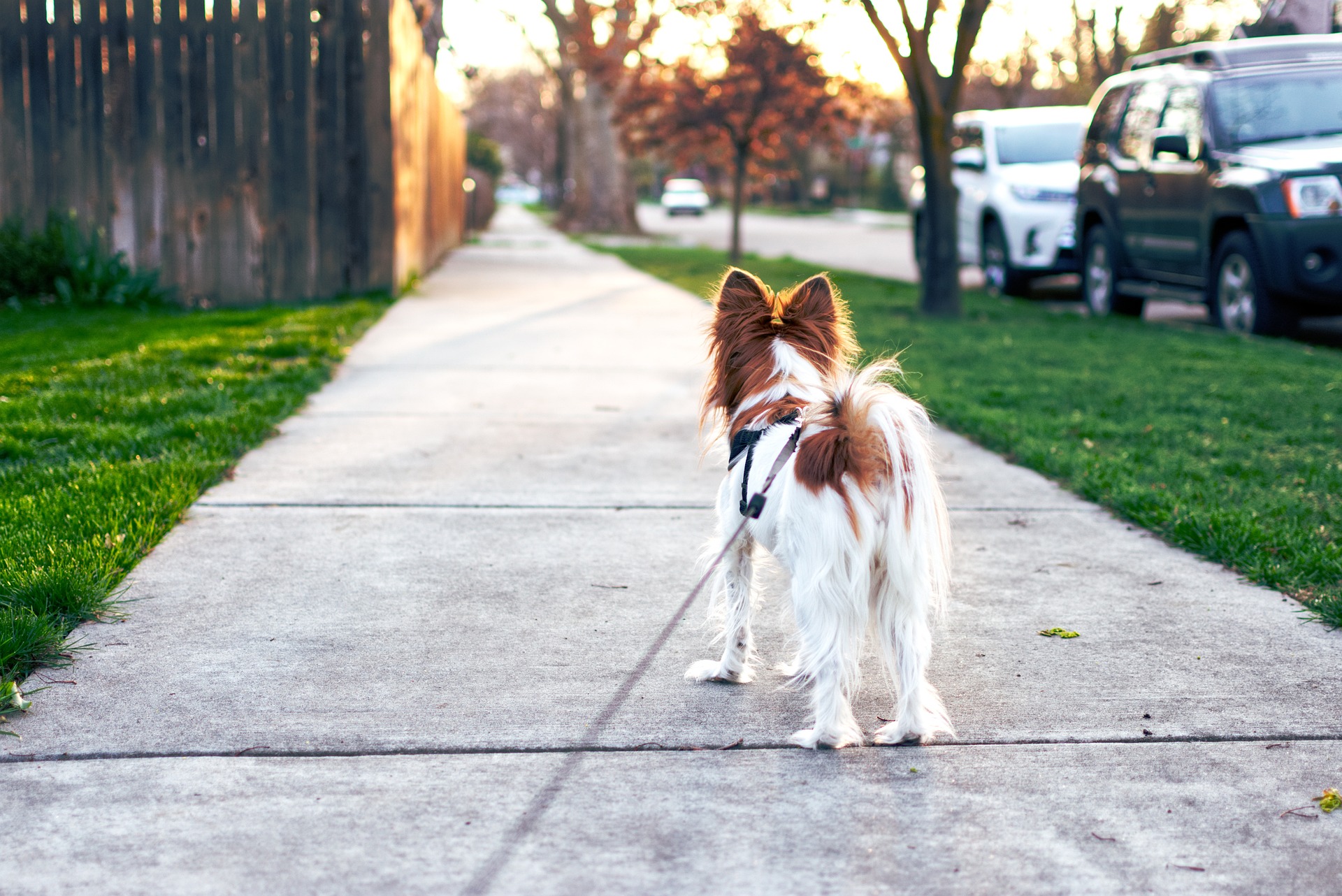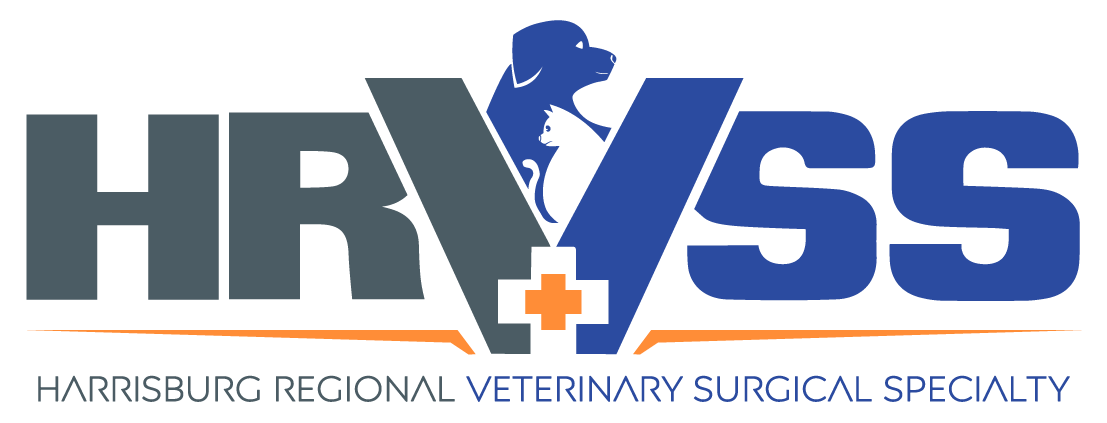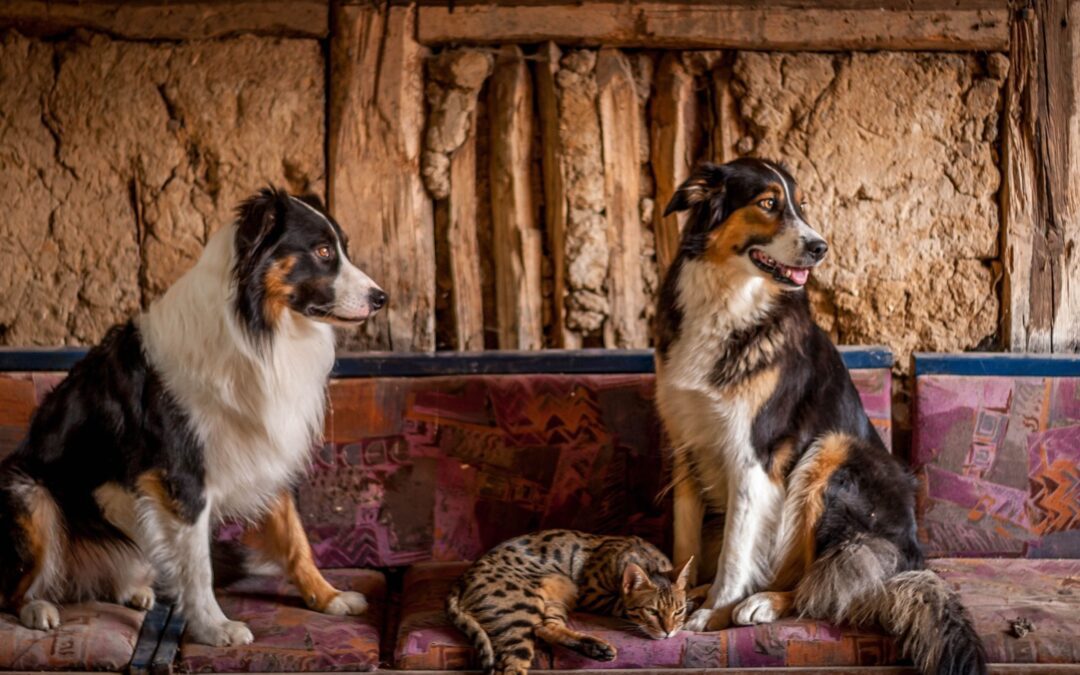
Whether your cat or your dog has a minor lump removal or major surgery, there are some basic things you should know.
After your pet has surgery, the surgeon & nurse team will answer many of your questions spontaneously. Still, it is useful to know what to expect and what to ask in case all your questions are not answered.=
What do you need to know about your pet’s postop care?
Here are 5 common questions you should get an answer to during the consultation and/or the discharge process.
1. What should I feed my pet after surgery?
Most of the time, the diet can stay the same. If your pet (with a normal weight) is going to be confined for a long time, you might want to decrease the amount of food to avoid weight gain during this period of forced inactivity. Feeding 75% of the normal amount is probably a good rule of thumb.
In other cases, we will recommend a soft diet for a while, for example after a procedure in the mouth.
Sometimes, your vet will recommend a special diet or “prescription” diet, to lose weight or to treat a specific disease (bladder stones, liver disease, arthritis…).
If you do use a new diet, it is important to do a slow transition, for example over 10 days, between the old and the new diet, to encourage acceptance and to avoid diarrhea.
2. Should I expect a temporary lack of appetite after surgery?
There are situations where we expect a lack of appetite, for example after a major dental procedure or any surgery in the mouth.
Any surgery or anesthesia can make a pet feel nauseous, with no interest in food. It can also be a sign of pain.
So yes, just like in people, a temporary lack of appetite is to be expected and even acceptable in a dog. In cats, especially overweight, we worry about the lack of appetite much more, as they can get into serious liver complications.
Sometimes, all it takes is a little extra TLC, hand feeding, and/or an appetite stimulant.

3. How often should I take my dog outside after surgery?
In most cases, you should take your dog out as often as you normally would. So maybe 3 or 4 times daily.
In other specific cases, you should decide based on your surgeon’s suggestions or your pet’s needs.
For example, after bladder surgery, your pet may feel an “urge” to go multiple times throughout the day. Better that than having an accident!
4. Is diarrhea or constipation to be expected after surgery?
Constipation is pretty common after surgery (again, as in humans).
Not so much because of the surgery itself, but because of everything around it.
Your pet has been fasted overnight, probably hasn’t eaten much at the clinic, has been under anesthesia, and may be on some drugs that slow down their transit.
So as I always say: “If nothing goes in, nothing will come out.”
After surgery on the back legs or the pelvis, pets may “make themselves” constipated because they may have a hard time squatting.
When we do surgery near the anus, again, pets may “make themselves” constipated because pooping may be uncomfortable.
In some cases, we are proactive and give a laxative or extra fiber to help things go… down.
Once your pet’s appetite or comfort improves, there will actually be some poop to eliminate, and it will be easier to squat.
Diarrhea can also happen. For example, we expect diarrhea when we do surgery on a pet who has intestinal surgery to remove a foreign body.
Many times, soft poop accumulates “above” the foreign body, and when we open the flood gates… watch your socks!

5. Might there be difficulty peeing after surgery?
This all depends on the situation.
Paralyzed pets certainly can have difficulty peeing, for neurological reasons.
Pets who have back leg surgery may have difficulty squatting, so they may need to find a different way to pee.
Now you know a few things to expect after surgery so you can be better prepared to help your pet recover.
If you would like to learn how we can help your pet with safe surgery and anesthesia, please contact us through www.HRVSS.com
Never miss a blog by subscribing here: www.HRVSS.com/blog
Phil Zeltzman, DVM, DACVS, CVJ, Fear Free Certified
Pete Baia, DVM, MS, DACVS

